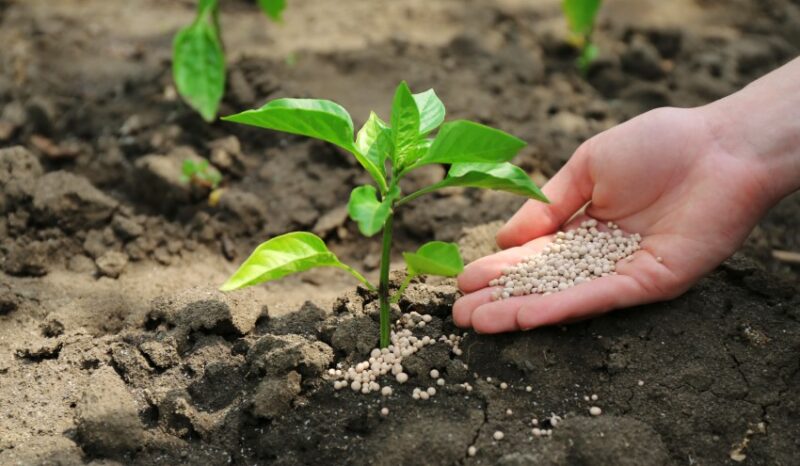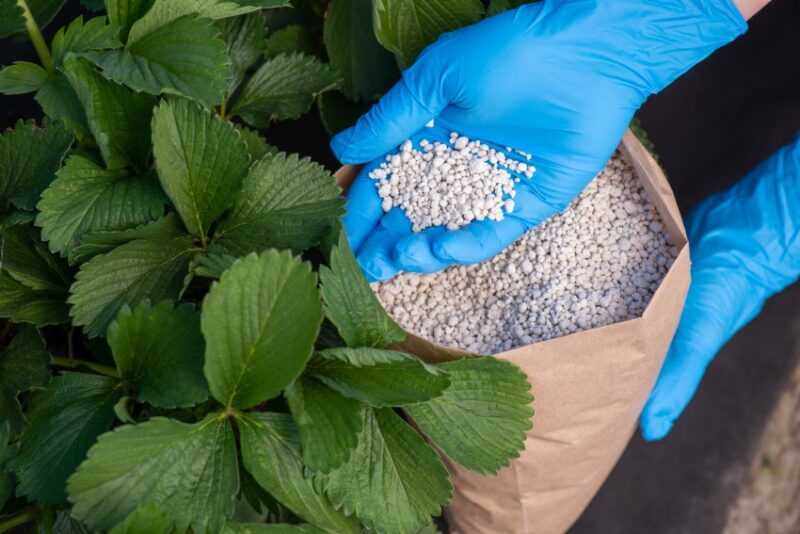Top 7 Benefits of Using NPK Fertilizer for Your Plants
Nutrient management can make or break the success of your garden or farm. Among the multitude of fertilization options, NPK fertilizers stand out due to their balanced mix of essential nutrients, designed to promote optimal plant health and soil fertility. NPK, an abbreviation for Nitrogen (N), Phosphorus (P), and Potassium (K), comprises the three essential elements plants require. Here are the top 7 benefits of using NPK fertilizer for your plants.
What is NPK Fertilizer?
NPK fertilizer is a type of mixed fertilizer that includes the chemicals nitrogen, phosphorus, and potassium. These are the macronutrients crucial for plant growth. Each of these elements serves particular functions:
- Nitrogen (N): Plays a critical role in leaf growth and overall plant structure.
- Phosphorus (P): Key for root development and flower and fruit production.
- Potassium (K): Essential for overall plant health and aids in the plant’s ability to withstand wear and tear.
This balanced blend ensures that plants receive all the essential nutrients they require for optimal growth and productivity. Let’s delve into the specific benefits of using NPK fertilizers for your plants.
1. Promotes Healthy Plant Growth
The balanced composition of NPK fertilizer supports all aspects of plant growth. Nitrogen is particularly vital for the growth of leaves and stems. With an adequate supply, plants grow more robustly and their green parts become more vibrant. This can be easily observed in better leaf quality, increased size, and a more robust structure.
Nutrient Contribution to Plant Growth (Table)
| Nutrient | Contribution |
| Nitrogen (N) | Leaf and stem growth, chlorophyll formation |
| Phosphorus (P) | Root development, flowering, and fruiting |
| Potassium (K) | General vigor, disease resistance, and drought tolerance |
2. Boosts Root Development
Phosphorus is a key component of NPK fertilizer that is inherently essential for the development of a plant’s root system. Strong and deeply established roots ensure the plant can absorb water and nutrients effectively, anchoring it securely in the soil. This is particularly important for young plants, which depend on a healthy root system for initial growth and development.
3. Enhances Flowering and Fruit Production
One of the significant roles of phosphorus is to promote the blooming of flowers and the setting of fruits. When the phosphorus levels are optimal, you can expect a more bountiful yield of flowers and fruits, making NPK fertilizers indispensable for fruit-bearing trees, ornamental plants, and flowering crops.
4. Increases Resistance to Pests and Diseases
Potassium in NPK fertilizer functions to bolster your plants’ health, significantly increasing their resistance to diseases and pests. A well-fortified plant can fend off attacks more effectively, aiding in the overall reduction of crop failure. Due to potassium’s role in cellular functions and enzyme activation, it enhances the plant’s internal defense mechanisms.
5. Improves Soil Quality
The application of NPK fertilizers also benefits the soil. They enhance the soil’s fertility, ensuring that plants have a continuous supply of nutrients. Over time, continuous usage can help improve the soil structure and mineral content, making it more conducive for growing healthier plants. This, in turn, results in better plant growth over multiple growing seasons.
6. Optimizes Water Use
Proper nutrient balance achieved through the use of NPK fertilizer helps plants utilize water more efficiently. Potassium plays a pivotal role here, regulating the opening and closing of stomata (small openings in leaves). This regulation ensures that plants lose less water through evaporation and are better able to withstand dry conditions.
List: Benefits of Optimizing Water Use
- Reduces water wastage
- Increases drought resistance
- Enhances plant metabolism
7. Cost-Effective and Convenient
Using a balanced NPK fertilizer can be more cost-effective compared to purchasing and applying individual fertilizers for nitrogen, phosphorus, and potassium. Convenience is another significant advantage as you are providing your plants with all necessary nutrients in a single application. This not only saves time but also ensures a more balanced nutrient provision, minimizing the risk of over or under-fertilization.
How to Use NPK Fertilizer Effectively
To maximize the benefits of NPK fertilizer, understanding its correct usage is essential. Here are some tips:
- Soil Testing: Conduct a soil test to determine the existing nutrient levels and adjust the NPK ratio accordingly.
- Follow Manufacturer’s Instructions: Always adhere to the recommended application rates to avoid nutrient overload, which can harm your plants.
- Timing: Apply NPK fertilizer during the active growing phases of your plants for maximum absorption and effectiveness.
- Application Methods: Depending on the type of plants and their stages of growth, you can use foliar spray or ground application methods.
Conclusion
NPK fertilizers offer comprehensive benefits for plant growth, flowering, and overall health. Their balanced blend of nitrogen, phosphorus, and potassium meets the critical needs of various plant stages, from seedling to blooming. Incorporating NPK fertilizers into your gardening or farming practice could well be the key to transforming your effort into bountiful yields and vibrant, healthy plants.















